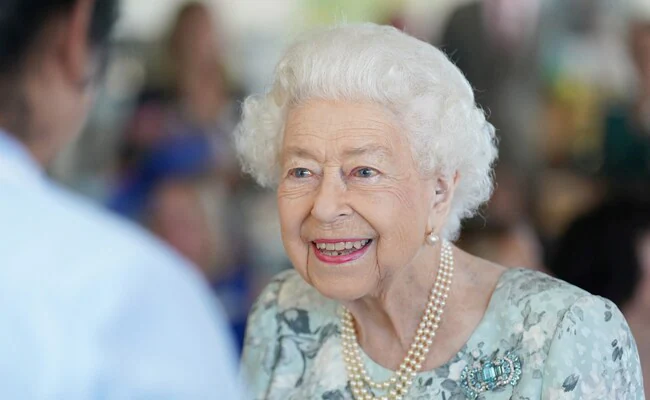

The Washington Post columnist calls the queen “the last of her kind.” Here is a taste:
I was The Post’s London bureau chief in the early 1990s, when Charles’s marriage to Princess Diana was falling apart in the worst possible way — as a public scandal. The queen spent far too long pretending everything was fine, even as the marriages of two more of her children, Princess Anne and Prince Andrew, also unraveled. To add to the queen’s misery, her favorite residence, Windsor Castle, was damaged by a major fire. Opinion makers debated whether the royal family was still worth all the bother and expense. A story I wrote about the situation was headlined “Britain’s Teflon monarchy finds life a bit sticky.”
But, finally, the queen faced the music. In a speech marking 40 years on the throne, she called 1992 an “annus horribilis” — a horrible year. She agreed to Charles and Diana’s separation and later their divorce. That sort of thing was not supposed to happen in the royal family, certainly not to the heir to the throne, but she faced reality.
In 1997, after Diana’s shocking death, Elizabeth committed perhaps her worst error. Her initial stiff-upper-lip stoicism was widely seen as cold and uncaring. But with nudging from advisers, including then-Prime Minister Tony Blair, she returned to Buckingham Palace from Scotland, did a very public walkabout to view the mountain of flowers and teddy bears deposited at the palace gates, and gave a brief address expressing shock and grief. That wasn’t the way she was taught monarchs should behave. But it was what the moment required.
I once had the opportunity to attend an investiture, the palace ceremony at which the queen conferred knighthoods and other honors to the great and the good. It was the first time I had seen her in person, and what struck me was how tiny she was. This woman who had been a larger-than-life presence on the world stage since before I was born — the first prime minister who served under her was Winston Churchill — was minute, dwarfed by her regal accoutrements and surroundings. Her voice was thin and soft, her words hard to follow.
Yet she did have a presence that dominated the vast room. On reflection, it occurred to me that this aura of authority and command was not emanating from the queen herself. It was being projected upon her by the audience.
And so it is with all the anachronistic stature and privilege the British royal family still enjoys in an egalitarian age. Elizabeth’s character, stamina and skill persuaded her subjects to suspend any possible disbelief in the divine right of a mostly German family to reign over the United Kingdom and the Commonwealth. Will they have such faith in Charles? In William?
Read the entire piece here.